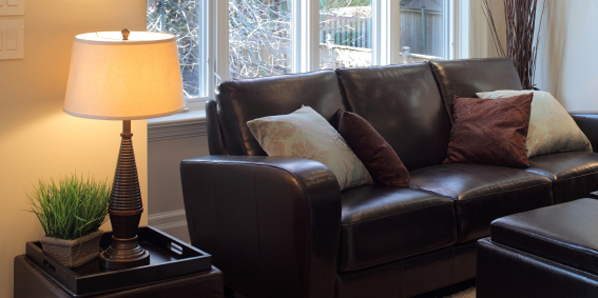Retirement condominiums: What you need to know about fees
Monthly condo fees are a fact of life for owners of retirement condominium units. They cover the upkeep and replacement of a condominium complex’s “common elements,” such as its hallways, elevators, parking garage and recreational facilities. They may also pay for utilities, the condominium corporation’s insurance, and services such as snow removal and landscaping.
If you’re thinking about buying a retirement condominium, here are some other key things you should know about condo fees before you buy:
Condo fees cover amenities you may not use. Not a swimmer or a squash player? Don’t throw large parties? A portion your fees will nevertheless go toward the maintenance of the swimming pool, squash courts and party room if your retirement condominium has these features.
Condo fees may pay for services typically handled by the municipality. Sometimes, municipalities don’t provide services such as garbage collection and road repair to certain condominium complexes because they regard them as private communities with restricted access. Verify if all municipal services are provided and, if not, which ones the retirement condominium contracts out.
Condo fees are based on your “unit factor.” Also called “proportionate share,” your unit factor represents what percentage of the retirement condominium’s common elements you own. Unit factors vary within a building according to the size and location of each unit.
Condo fees may go toward a “reserve fund” and “special assessments.” A portion of your monthly condo fees may be allocated to the retirement condominium’s reserve fund. This ensures that the condo corporation has enough funds to pay for future big-ticket items, such as a new roof. If there is a shortfall in the common expense fund and/or reserve fund, condo owners may face “special assessment” charges, which are collected through their condo fees.
Condo fees are not optional. No matter what, you must pay your condo fees! If you don’t, the retirement condo may place a lien on your unit, which can be enforced in the same manner as a mortgage.
by Sara Bedal
Have you bought a retirement condo? Were there been any fees that you didn't expect? Share your experience in a comment below.
****
Related articles:
How to buy a retirement condo: Five experts to consult before buying
Are you downsizing? Find the real estate agent who's right for you
You've decided to sell but where do you go?
Is living in a retirement home a positive thing?
What are the real costs of aging at home?


